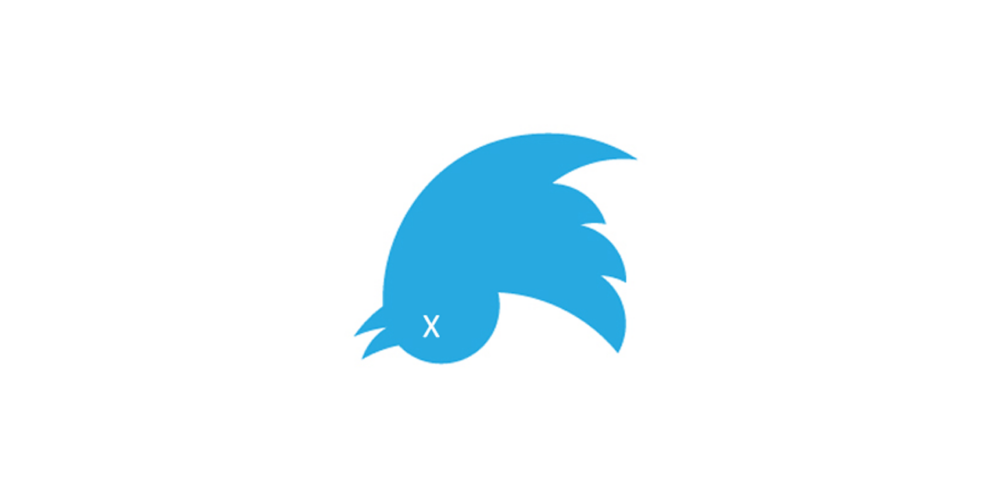Last month the social media giants Twitter and Meta (Facebook) announced widespread layoffs. They join Coinbase, which fired 18 per cent of its staff in June, part of a trend of technology companies freezing the hiring or sacking of employees.
The technology industry is in dire straits. However, these problems are not confined to one sector but rather are problems inherent in the capitalist system.
The technology sector is an industry based on unsustainable growth. Meta is a good example of this. Despite 3.7 billion people already using one of their products in 2021, and earning more than $100 billion,¹ there was an expectation of even more growth. When this could not be achieved, activist investors pressured the company into layoffs. Capital is not content with making some money, or even a large amount of money: it has to have all the money, at the expense of workers.
For Irish people this is all too familiar. During the 2000s the Irish financial and property sector increased exponentially, until it didn’t any more, resulting in the 2008 recession. This boom-and-bust cycle is inherent in capitalism, and ends with the working class paying the price, with the rich who benefited from the boom often able to keep the fortunes they made.
Capitalism also has an ownership problem. Twitter’s success is the result of its employees, and of the millions of people creating content for it. However, Elon Musk is legally the sole owner of the company, simply because he paid a lot of money for it. Without the workers and the people who use it a social media platform is nothing; yet we don’t get any say in the direction it takes. The contradiction is now laid bare before our eyes: employees and active users are leaving in droves, and the platform is in chaos.
Alternatives exist, even within the sector. The Chinese technology giant Huawei is owned fully by current and retired workers. While their structure isn’t perfect, as not all workers benefit from the scheme, the company paid out almost $10 billion to its workers in 2021.² Cuba has the state-owned telecommunications company Cubacel, and bio-technology companies that use a social ownership model.³
The tech industry has shown itself to contain the ugliest sides of capitalism. The conversation from the left has concentrated on tech workers protecting themselves by organising in unions. While this is a positive development, we need a broader discussion about work-place democracy and ownership. During the pandemic it has become clear that social media and on-line commerce serve as vital infrastructure, enabling people to communicate and shop in isolation. To protect important technology from the whims of megalomaniac men and pressures from capital to make only short-term gains, technology companies need to be controlled by their workers or the public at large.
Sources:
1. Meta earnings reports (https://investor.fb.com/investor-events/).
2. Reuters, “Huawei pays out $9.65 billion in dividends to current and retired staff,” 5 April 2022 (tinyurl.com/y46395h4)
3. Ernesto López Mola et al., “Development of Cuban biotechnology,” Journal of Commercial Biotechnology, vol. 9, no. 2 (January 2003) (tinyurl.com/27kueccm)






